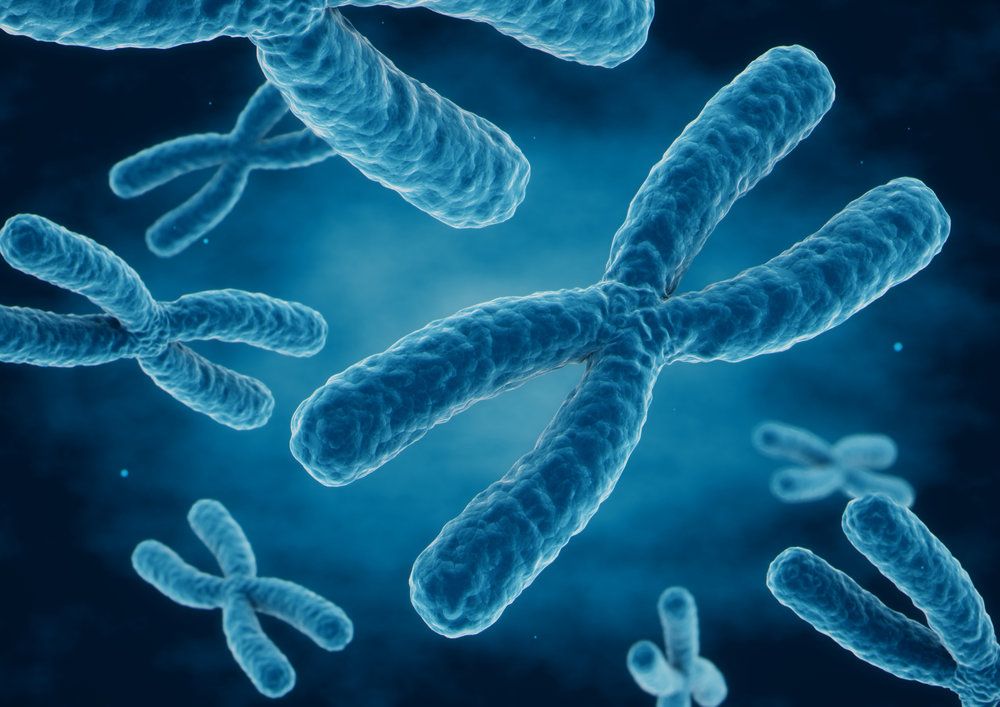- Trang chủ
- Về chúng tôi
- Ngành
- Dịch vụ
- Đọc
- Liên hệ với chúng tôi
Bệnh Fabry là một bệnh di truyền hiếm gặp với sự thiếu hụt của một enzyme gọi là Alpha-Galactosidase A
Tác giả: Vikas Kumar
13 tháng 9, 2021

Bệnh Fabry (còn được gọi là Bệnh Anderson Fabry)là một rối loạn di truyền liên kết X tiến triển của quá trình chuyển hóa glycosphingolipid do hoạt động α-galactosidase A lysosomal bị thiếu hụt hoặc không có. Đây là một lỗi bẩm sinh về chuyển hóa tàn khốc, đặc biệt là ở giai đoạn đầu, do rối loạn chức năng tế bào và bệnh lý vi mạch máu do sự lắng đọng glycosphingolipid lysosomal gây ra. Sự vắng mặt hoặc hoạt động thiếu hụt của exoglycohydrolase α-galactosidase A lysosomal dẫn đến sự tích tụ tiến triển của globotriaosylceramide và các glycosphingolipid liên quan trong lysosome, đây là các bào quan dưới tế bào hiện diện ở khắp mọi nơi.
Alpha-galactosidase A tái tổ hợp (alpha-Gal A), enzyme bị thiếu hụt ở bệnh nhân mắc bệnh Fabry và migalastat hydrochloride, một chất dẫn truyền dược lý đường uống tạo điều kiện cho việc vận chuyển alpha-Gal A đến lysosome, là các lựa chọn điều trị cho các cá nhân đủ điều kiện. Việc quản lý điều trị chủ yếu tập trung vào việc kiểm soát huyết áp, lipid và protein niệu. Thuốc ức chế ACE và/hoặc thuốc chẹn được sử dụng ở bệnh nhân bị protein niệu. Tăng huyết áp và tăng cholesterol máu cần được kiểm soát thích hợp. Việc dự phòng bằng thuốc chống đông máu rất quan trọng ở những bệnh nhân bị cơn thiếu máu cục bộ thoáng qua hoặc đột quỵ, và việc tạo nhịp tim vĩnh viễn được xem xét ở những bệnh nhân có nguy cơ cao.
Để phân tích chi tiết TOC cho các báo cáo, hãy duyệt quahttps://univdatos.com/report/global-fabry-disease-competitive-analysis-2019
Các chiến lược điều trị mới nổi cho bệnh Fabry liên quan đến sự phát triển của các hợp chất phân tử nhỏ, được sử dụng rộng rãi để điều trị nhiều loại bệnh. Các phân tử nhỏ như vậy chiếm khoảng 80-90% thuốc được bán trên thị trường. Mặc dù liệu pháp thay thế enzyme có hiệu quả, nhưng cần có các chiến lược điều trị khác, có thể đóng vai trò là phương pháp điều trị chính hoặc bổ sung. Việc khám phá thuốc phân tử nhỏ rất hứa hẹn, vì nó có thể dẫn đến các phương pháp điều trị mới cho bệnh Fabry. Việc phát hiện ra các chất dẫn truyền, chất kích hoạt hoặc chất ức chế không ức chế các enzyme phân hủy glycosphingolipid sẽ là một bước đột phá. Một số thành phần chính liên quan đến việc phát triển các liệu pháp điều trị bệnh Fabry bao gồm Amicus Therapeutics; Freeline; Greenovation Biotech; Idorsia Pharmaceuticals và những người khác.
Phân tích cạnh tranh về bệnh Fabry
Phân đoạn báo cáo
Sản phẩm được bao phủ theo Giai đoạn
- Đã bán trên thị trường
- Giai đoạn III
- Giai đoạn II
- Giai đoạn I
- Tiền lâm sàng
- Dừng hoạt động
Đánh giá điều trị theo Giai đoạn
- Loại sản phẩm
- Đường dùng
- Loại phân tử
Các công ty hàng đầu được phân tích
- Amicus Therapeutics
- Evotec
- Freeline
- Greenovation Biotech
- Idorsia Pharmaceuticals
- Moderna
- Pharming
- Protalix Biotherapeutics
- Resverlogix Corp
- Sangamo Therapeutics
- Sanofi Genzyme
Nhận lại cuộc gọi
